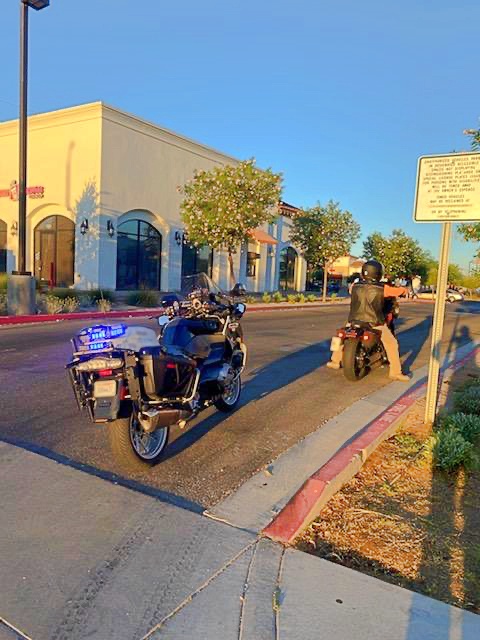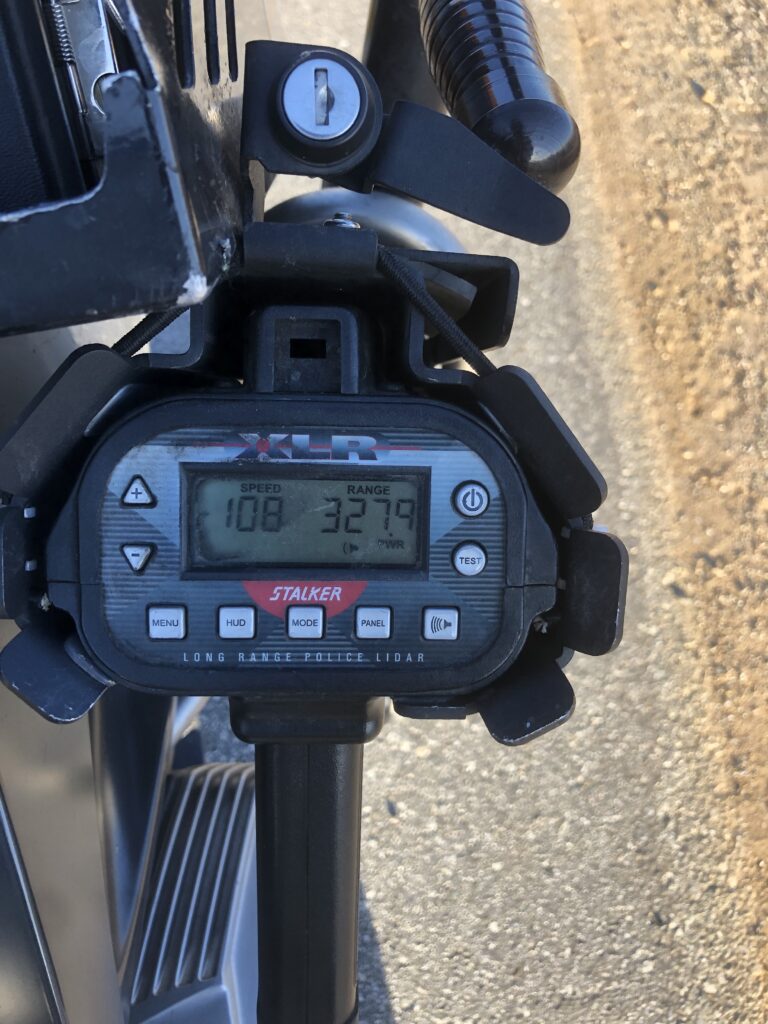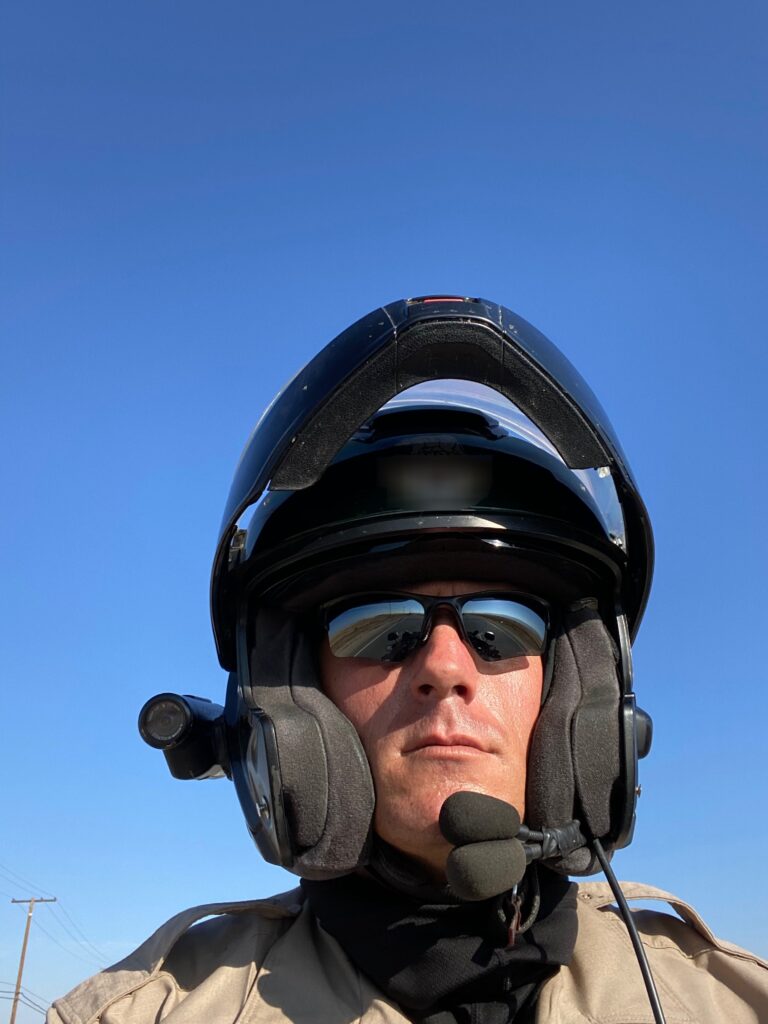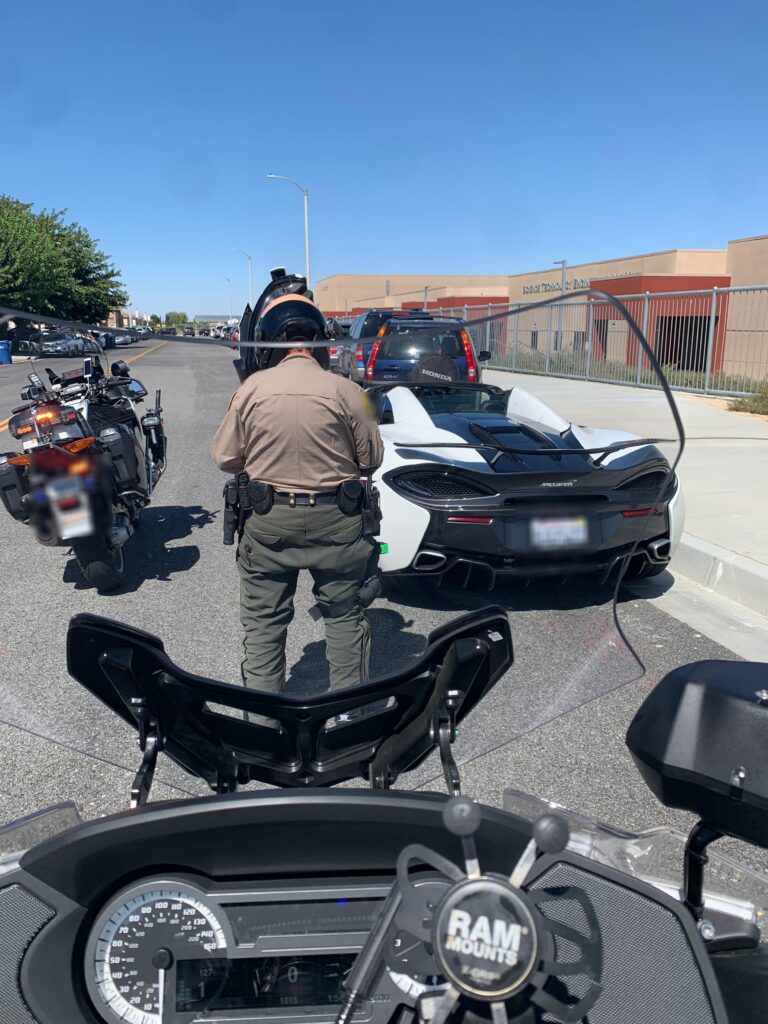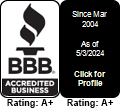Every day, over 50,000 drivers are stopped for traffic violations by police officers. That equals to over 16,800,000 drivers are stopped every year. As a motor officer, I have done thousands of traffic stops over my career in law enforcement. I noticed that most drivers and motorcycle riders had no idea what to do when getting stopped.
A little education can help riders and drivers a long way on what to do and what not to do when getting pulled over. Here are my tips if you are getting pulled over:
FINDING SOMEWHERE TO STOP
If it’s dark outside, finding a well-lit area will make you feel better, and the police officer will feel better because he can see what’s going on in the car or what someone is doing on a motorcycle. That doesn’t mean you should drive five miles down the road looking for a place to stop, but if it’s within a quarter to half a mile, that would be fine. Do not get into the left lane or turn left. Everything should always be on the right side of the road. Sometimes police officers are trying to go around you and want you to pull over to the side of the road so they can pass. If you decide to go left, you are breaking the law and preventing that officer from going to the emergency per California Vehicle Code 26708(a)(1) CVC. Not every officer tries to rush to the donut shop before it closes. We have emergencies to go to, and we want to help by getting there as fast as possible. Those emergencies include criminal and medical emergencies like a baby not breathing.
If you have to pull over on the side of the road, don’t worry because we have cool emergency lights to tell other drivers to move over. If you want to pull into the parking lot of a business because you feel safer and it is close by and on the right side of the street, then pull into the parking lot. I always have preferred traffic stops in a parking lot because I don’t have to worry about getting hit by a car.
ONCE YOU ARE STOPPED
If you are on a motorcycle, stay on your bike with your hands on the handlebars. This is not a time for you to get off the bike and dig into your pant pockets or start opening cases on your motorcycle looking for your driver’s license, insurance, and registration. Wait for the police officer to walk up and tell you what is happening. If you still have questions about why you were stopped, ask the police officer. The police officer may give you commands like get off your motorcycle or take your helmet off. A police officer may ask you to do something for many different reasons. He may want you to step off the bike because he thinks you may want to take off. He may want you to take your helmet off so he can match your driver’s license to your face.
If you are in a vehicle, roll down all your windows, especially if they are tinted, and put your hands on the steering wheel. Rolling down all the windows helps the officer feel more comfortable and lets him see everything inside the vehicle.
POLICE OFFICER ORDERS
If the police officer tells you to get off your bike or take your helmet off, you are required by law to do so. If the police officer asks you to have a seat on the curb or in the back seat of the patrol vehicle, they can do that by case law. Failing to obey a lawful order violates California Penal Code 148(a)(1) and California Vehicle Code 2800(a).
REQUIRED DOCUMENTATION
You are required to show three things to a police officer for a traffic violation. The first one is your driver’s license. You are required by law to show your driver’s license to the police officer per the California Vehicle Code’s 12951(a) and (b).
Can I use a digital copy of my driver’s license in California?
You can not have a digital copy of your driver’s license to show the police officer. He may accept it, but he does not have to accept it. If you do not have your driver’s license, you could be arrested and taken to the police station until you can be fingerprinted. You will be released once the police station has identified you by your fingerprints. If you are arrested, your vehicle could be impounded per California Vehicle Code 22651(h). If you refuse to provide your driver’s license upon demand of a police officer, you could be arrested for California Vehicle Code 12951(b). If you are cited for California Vehicle Code 12951(b), it is a misdemeanor instead of an infraction. Whether you agree with the traffic stop or not, provide your driver’s license, so you don’t add to the issue.
The second thing you are required to provide is your insurance. Not your buddy’s insurance, mom’s insurance, etc. You must provide an insurance card with your name on it. The California Vehicle Code 16028(a) states the following:
(a) Upon the demand of a peace officer pursuant to subdivision (b) or upon the demand of a peace officer or traffic collision investigator pursuant to subdivision (c), every person who drives a motor vehicle upon a highway shall provide evidence of financial responsibility for the vehicle that is in effect at the time the demand is made. The evidence of financial responsibility may be provided using a mobile electronic device. However, a peace officer shall not stop a vehicle for the sole purpose of determining whether the vehicle is being driven in violation of this subdivision.
You must bring your insurance card if you decide to take your buddy’s motorcycle for a ride. The law clearly states “every person,” meaning you can not show your buddy’s insurance unless your name is also on the insurance card. If you have an insurance company that only shows one driver on the insurance card, then keep the insurance packet that proves you are on the insurance.
Can I use a digital copy of my insurance in California?
The law also states that you can provide a digital copy of your insurance to the police officer. The police officer will more than likely have to take your phone to write down the insurance name and policy number, which means that you will have to be “okay” with the police officer having your phone. Bring a paper copy if you don’t want the police officer to hold on to your phone.
Can I use a digital copy of my registration in California?
The third thing you must have on your motorcycle or vehicle is your vehicle registration per California Vehicle Code 4454(a). You are required to have your paper vehicle registration. It can be a copy of the original, but it has to be in paper form.
SEARCHING FOR YOUR REQUIRED DOCUMENTATION
Do not start searching for your driver’s license, insurance, and registration until asked to do so. Nothing makes an officer more nervous than someone moving around in the car. I have seen people put their documentation in many places like the glove box, door map holder, behind the passenger seat, a purse in the trunk, sun visor, and a box in the truck with 100 other pieces of paper. Explain to the police officer where your paperwork is located. If you don’t know where the paperwork is located, explain to the officer that you are not sure where your paperwork is located and ask for a few minutes to find it. Most people can find their driver’s license quickly. Give the police officer your driver’s license while you see the rest of your documentation.
TICKETS
Everyone is hurting for money, and an expensive ticket is the last thing you want to add to all your bills. Is it the end of the world? No. Is there anything you can do to fight the ticket? Absolutely. You can go to a traffic court trial where you can explain your side of the story, and the police officer will tell their side of the story. After hearing both sides of the story, the judge will decide based on the evidence and testimony from both sides.
If you don’t have time to go to court, they have something called trial by written declaration. You can get the paperwork mailed to you or pick it up from the courthouse. You fill it out and send it to the courthouse. The courthouse will also send that paperwork to the police officer. Once the paperwork is back in the courthouse, a judge will look at it and decide. You will be notified by mail if you are guilty or not guilty.
Do I have to sign the citation?
No, but if you refuse to sign the citation, you will be taken before a judge, where a judge will decide what will happen. If the court is not open or a judge is not available, you will be taken to a police station, where you will be booked at the station. Your motorcycle or vehicle could be towed depending on the circumstances.
It will be easier on you to sign the citation and fight the ticket in court later. When you sign the citation, it is not saying you are admitting guilt to the ticket. It just means you agree to go to court on the date and time indicated on the ticket.
POLICE OFFICER VIOLATED MY CIVIL RIGHTS
If you believe the police officer violated your civil rights, talk to a lawyer and see if you have a case and your rights were violated.
POLICE OFFICER WAS RUDE
You can file a complaint against the police officer. If you feel the police officer was rude, you can go to the police station or call the police station. Now, if you go to the station to lie about what happened, understand that most police officers have a body camera or recording device. The supervisor taking your complaint will look at the video recording and find the truth. The video recording will show if you have a legitimate complaint. If you lie, the recording will also show that, and you will be less believable.
Sometimes our brains think something happened a certain way, and we persuade ourselves that it is true when it is not.
RECORDING POLICE OFFICERS
I could care less if you record me if it does not interfere with my investigation. You can put your phone on the seat next to you or a phone mount and record the interaction. That is ok. Do not hold or stick the phone out the window to record the interaction. People always told me that they were recording me, and my response has always been, “great, and I am recording you also.”
There are a lot of great apps out there for recording law enforcement, and one app allows you to share the video you recorded in the app with an attorney. The app is called Turnsignl.
EXITING THE VEHICLE
I understand that everyone wants to get out of the vehicle to know what is going on or get off their motorcycle. Please do not get out of your car or off your bike unless told to, or you ask to get out of the vehicle or off the bike, and the police officer agrees. Police officers get nervous when people randomly get out of their cars. In my mind, I am wondering why this person is getting out of the vehicle. Are they going to pull a gun out? Are they trying to show me their insurance and registration? Are they going to run?
When you get out of the vehicle, many questions will go through a police officer’s mind. Stay in the car and wait until the police officer returns to the vehicle if you need to show the police officer something or have a question.
If you are on a motorcycle and the officer asks you to take your helmet off, please find somewhere to put it and not keep it in your hands. A helmet, like anything else, can be used as a weapon and makes the police officer uncomfortable.
TALKING TO THE POLICE OFFICER
Do I have to talk to the police officer? No. It can make a police officer suspicious if you refuse to speak. It would help if you told the officer about anything that may differ on your driver’s license, insurance and registration. The court house will send you information regarding the ticket, and if your address is wrong, you will not get the documents. You want to ensure everything is correct so it does not cause issues for you with the court system.
Most police officers don’t mind having a conversation. Maybe there has something you have always wanted to ask a police officer. Ask away. Perhaps you want to talk about the motorcycle the police officer is on or the vehicle they are driving.
Remember, it’s always better to save arguments and disagreements for the courtroom, where a judge can make an informed decision after all evidence is presented.
This information is not a one size fits all kind of article but more of guidelines. Everyone, including the police officer, wants to go home at the night’s end. If we can make everyone more comfortable during the traffic stop, there is less chance of something terrible happening. My biggest thing was respect, and I think everyone wants to be respected. We have an extremely tough job mentally and physically. I hope this helps keep people safe and educate riders and people in cars on how to act.
